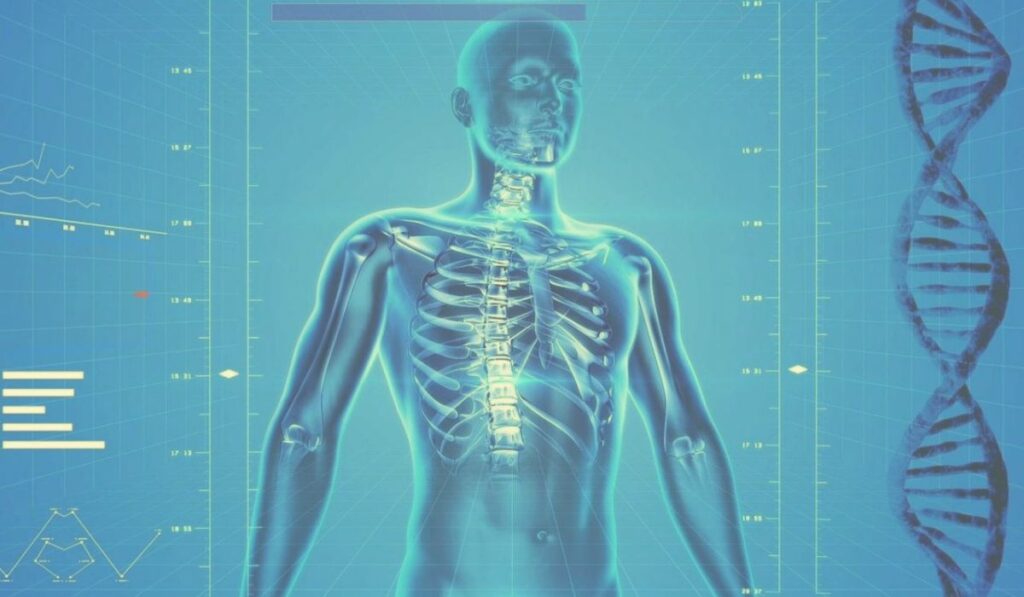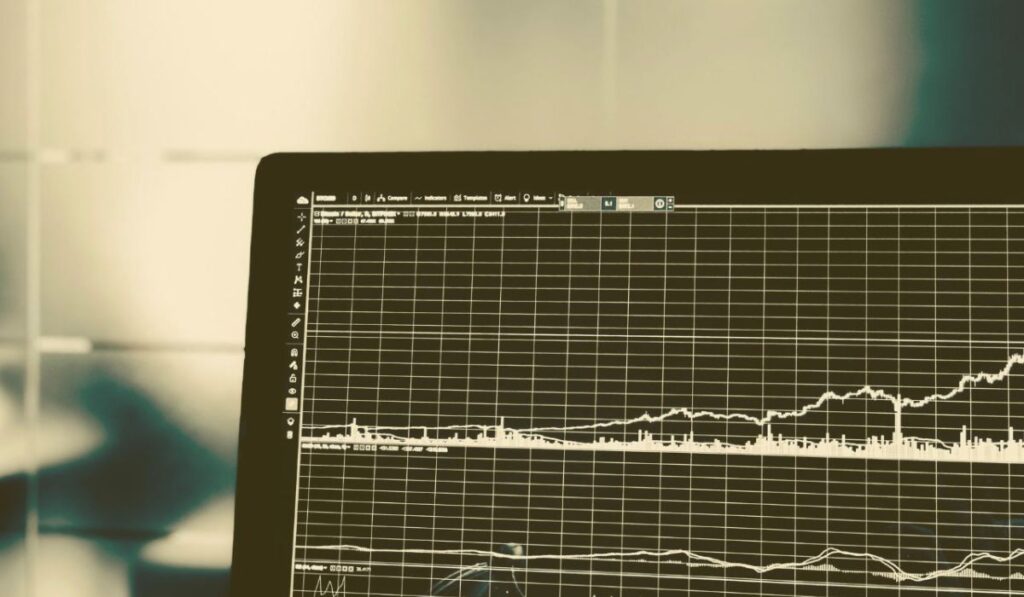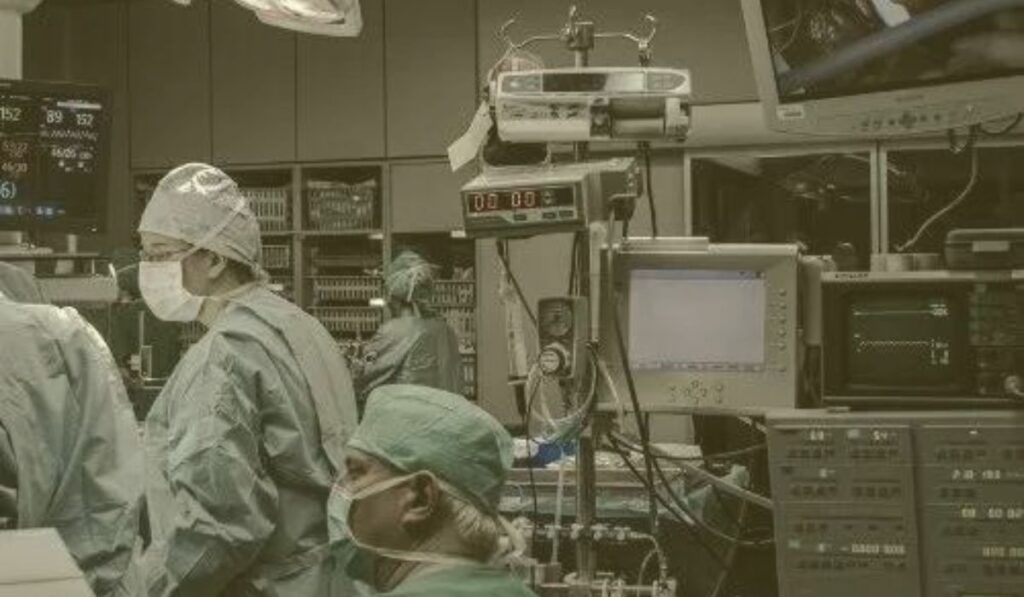Digitalization is not a one-time achievement, it is a continuous journey to fulfil the customer needs & the business future requirements with the help of technology. Digitalization is the future of healthcare.
Engaged to improve healthcare management of our patients and use the benefits such as clinical analytics and timely clinical alerts to deliver better patient care outcomes with the help of cutting-edge technology AI, ML, RPA IoT etc.
Digitization enables medical practitioners and experts to reach out to this segment with authentic information. Infusing social media channels with proper medical information and enabling doctors to connect with their current and potential patients goes a long way in bringing healthcare costs down.
One of the Use Cases of Digitalization in Healthcare
During this pandemic time, the biggest challenge to enable contactless transactions & as much as activities can be enabled as Self-Help to minimize the spread of COVID infection.
Being healthcare, our doctors, nurses, paramedical & support staff, provide dedicated care to the patients 24 by 7 with an uncertainty of COVID-19 infection.
To support our doctors, nurses, paramedical & support staff & most important our patients, we have realized many challenges are there
- Document exchange is happening so frequently between staff to staff and patients.
- Cash or Credit/Debit card exchange to complete the payment Contactless transactions.
- In 2nd wave, the inflow of COVID patients is too much.
- There is no centralized platform to compile the admission requests
- Difficult to update the COVID patient attendees as they can’t stay with the patients
- Information accessibility from anywhere anytime.
Many other issues to overcome above-mentioned challenges we have developed an application to digitalize the manual process. Named as ePortal (Self-Help). Strength of the digitalization provides easiness its after implementation in terms of contactless transactions
- Registration in HIS, respective payment & automated HIS bill
- Pre-disclosed investigation order, respective payment & automated HIS bill
- Billing of Vaccination without registration
- Health Record View (Reports view) for the last 180 Days
- Bill’s view for the last 180 Days
- Advance deposit/bill settlement payment (incorporate later)
- This solution reduced the 25% direct workload from the Patient Care staff.
Digitization makes it easier for patients to maintain a history. Medical history is critical in emergency situations when a physical copy may not be available. In this case, digitization helps by keeping the doctors informed about the patient’s medical history in every situation.
Unfortunately, some patients have medical conditions that require them to seek the help of different specialists. It is of utmost importance that the different specialists maintain a constant stream of communication to design the overall best medical plan for the patient.
Smartphones and Modern smartwatches can monitor heart rate, count the number of steps you take, and even take an ECG. This makes them tremendously useful not just for everyday users, but their doctors as well. Imagine a patient wearing a smartwatch that is constantly transmitting their health data online.
The doctor can setup a ‘trigger’ for when a certain condition is met (for example heart rate goes above a certain threshold) so they can act fast. In this day and age, doctors can act proactively and keep something unfortunate from happening simply through real-time data monitoring.
Some of the Key Points of Digitalization in Healthcare: Better Doctor-Patient Coordination
Facilitating this improved decision-making process while simultaneously responding to diagnostic and therapeutic questions from an increasingly tech-savvy and medically literate patient population requires the efficient use of resources and coordination of information with all interested and responsible parties.
Communication Between Multiple Physicians
Unfortunately, some patients have medical conditions that require them to seek the help of different specialists. It is of utmost importance that the different specialists maintain a constant stream of communication to design the overall best medical plan for the patient.
Real-time Health Information
Smartphones and Modern smartwatches can monitor heart rate, count the number of steps you take, and even take an ECG. This makes them tremendously useful not just for everyday users, but their doctors as well. Imagine a patient wearing a smartwatch that is constantly transmitting their health data online.
The doctor can setup a ‘trigger’ for when a certain condition is met (for example heart rate goes above a certain threshold) so they can act fast. In this day and age, doctors can act proactively and keep something unfortunate from happening simply through real-time data monitoring.
Automate Administrative Tasks
.Facilitating this improved decision-making process while simultaneously responding to diagnostic and therapeutic questions from an increasingly tech-savvy and medically literate patient population requires the efficient use of resources and coordination of information with all interested and responsible parties.
Improved Patient-Doctor Coordination
Keeping track and records of your health has been less of a paper-filing hassle and more of updating it on a computer file, every time you return from the doctor’s clinic. Tests, reports, diagnoses, and other medical history doesn’t need to be gathered up in loose sheets and stored in the same old, primitive way.



